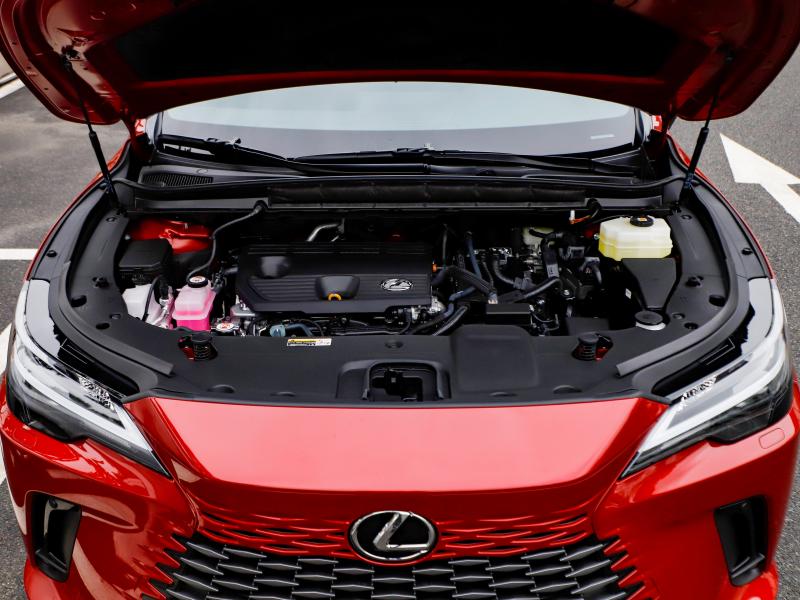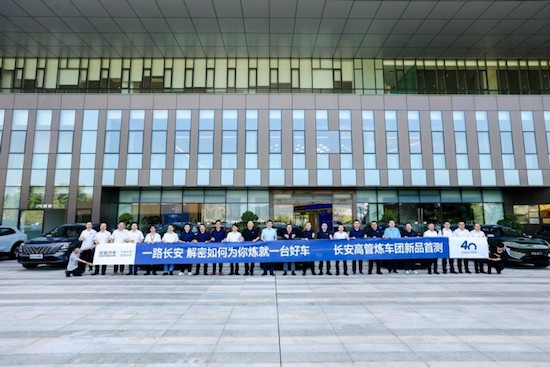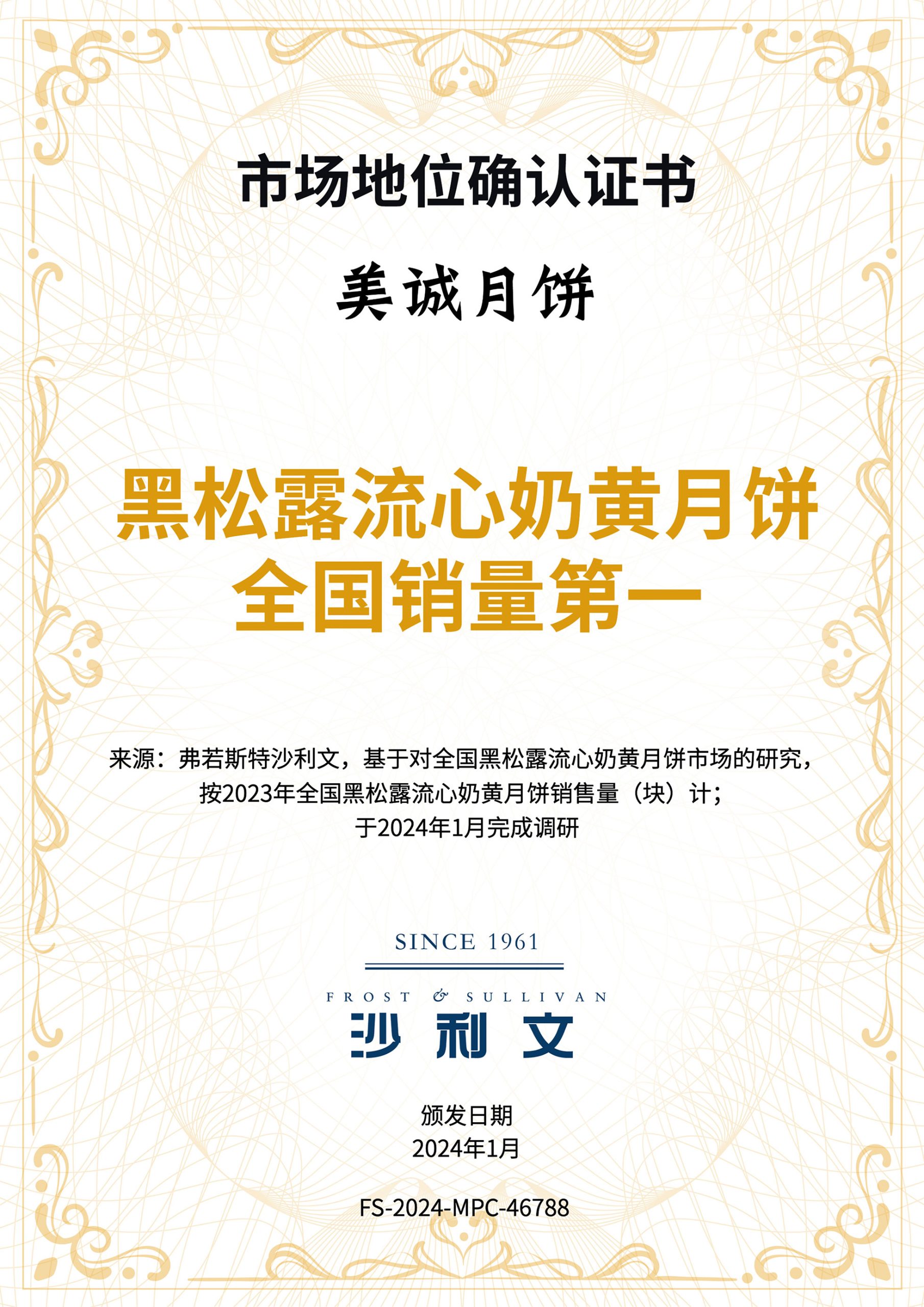Recently, the world’s first smart variable new car based on the SDA platform, Changan Qiyuan E07, was unveiled at the Changan Automotive Digital Intelligence Factory. This digital intelligence factory focuses on the production of intelligent networked new energy vehicles and is the unveiling unit of the "National Intelligent Manufacturing Pilot Demonstration Factory".
"Black Light Factory" is the most concrete description of advanced intelligent manufacturing production spaces such as Changan Automobile Digital Intelligence Factory. Tens of thousands of intelligent equipment perform their duties in the factory, more than 800 robots are lined up, more than 500 AGVs shuttle between them, and more than 100 fully intelligent AGV islands replace the original fixed floor chain transmission, which greatly reduces manual participation and increases production efficiency by 20%.
The reporter also learned that the Changan Automobile Digital Intelligence Factory has adopted an innovative software automatic packaging and testing process, which has greatly reduced the data filling time and improved the efficiency of cloud-based electrical inspection by nearly 100%. The AI manufacturing database has become the first factory in the industry to generate more than 28T of manufacturing data per year.
The first 100% to the machine station, the first 100% to the station, the first independent controllable and 5G-compatible industrial control Internet of Things… The application of 5G technology in Changan Automotive Digital Intelligence Factory has set a number of industry firsts. "This is due to China Unicom’s Legion innovation model." Zhou Hua, general manager of China Unicom’s 5G Fusion Innovation Center and Automobile Manufacturing Legion, which undertakes the Changan Automotive Digital Intelligence Factory solution, said.
Focusing on the C2M model
Meet personalized market demand
Data standards are not uniform, it is difficult to share and integrate, limiting real-time information transmission and business collaboration, business complexity lacks unified management, business collaborative efficiency is low, and it cannot adapt to new market demands… In recent years, in the face of the new consumption patterns of "customer engagement manufacturing", "user-defined car" and "user experience car building", the lack of interoperability between the original systems of traditional automobile OEMs, inconsistent standards, and difficult data sharing have become increasingly prominent.
In response to this problem, after nearly two years of practice and polishing, China Unicom Automobile Manufacturing Corps has given its own answer. On July 19, the Shanghai World Expo Center officially released the China Unicom Automotive Industry C2M Overall Solution (hereinafter referred to as the "Solution") at the "Innovation Achievement Release and Partner Conference" jointly organized by China Unicom Research Institute and China Unicom Automobile Manufacturing Corps.
C2M stands for "Consumers participate in manufacturing, organize production according to orders, and provide delivery response and delivery control according to orders". The core of the C2M solution is the Qingtian unified industrial control platform, which provides data standards, application standards, and information interaction standards, and integrates basic applications such as planning, execution, logistics, and quality. Develop enhanced applications that are compatible with C2M, such as logistics enhancements such as warehouse management, manufacturing execution enhancements such as order insertion management, and program enhancements such as dynamic sequencing, so as to achieve data sharing, instruction accessibility, and business implementation coordination, and ultimately realize delivery visibility.
It is understood that the program is based on the practice of multiple projects such as Changan Automobile, relying on advanced Internet of Things and data modeling technologies to provide enterprises with fully connected visual management to ensure the transparency of the whole process, so as to improve enterprise management efficiency and decision-making ability, and achieve the purpose of reducing costs and increasing efficiency.
Leverage the advantages of Unicom integration
Supporting C2M solutions
China Unicom’s C2M solution involves multiple levels of progressive change such as 5G network replacement, edge application reconstruction, data empowerment, and platform reconstruction. The Legion innovation model of Unicom’s integrated capability aggregation plays a crucial role in it.
The Automobile Manufacturing Corps is one of the first vertical innovation units established by China Unicom for the automobile manufacturing industry. It integrates the group’s technological accumulation and innovation resources, carries out technological innovation for the automobile manufacturing industry, overcomes the technical difficulties in the industry, and practices the responsibility of the central enterprise to serve the national strategy.
The Automobile Manufacturing Corps gives full play to Unicom’s cloud network resources and technological endowments, provides 5G-based "cloud network edge" new infrastructure, and supports "visual, manageable, dimensional, and configurable" platform support. It solves the problems of fragmentation, black box, and inefficiency in the original infrastructure, and meets the industrial production requirements such as data not coming out of the network, uninterrupted business, and unified control plane, providing reliable and credible network protection for C2M.
At the same time, the Automobile Manufacturing Corps provides standardized and process-oriented business modeling around business scenarios, ensuring consistent modeling between different business units, providing business-level API calls for upper-level applications, enabling business connection, service sharing, and capability precipitation. It can quickly track positioning and complete iterations when requirements change, laying the foundation for C2M to quickly respond to business requirements.
Based on the accumulation of China Unicom technology, combined with the characteristics of the automotive industry, the Automobile Manufacturing Corps has created a data management system, providing data collection, storage, analysis, and governance capabilities, integrating global data, breaking down barriers, forming unified sources and unified standards of data and services, and providing high-quality data protection for C2M.
Faced with the "chimney-like" problem in the traditional production and manufacturing process, the Automobile Manufacturing Corps combines industrial control requirements, supports data collection and control command integration by innovatively, and uses its pioneering "factory-workshop-production-station-station" five-level space modeling technology to simplify the architecture, support business two-way forwarding, instructions can go directly to the station and other minimum execution units, and the performance exceeds 30% of congeneric products, providing C2M with the ability to direct instructions.
Promote industrial chain collaboration
Empowering traditional manufacturing to digitally upgrade
The C2M solution not only reshaped the production scene in the factory, but also strengthened the linkage and collaboration outside the factory, promoting the quality of the industrial chain collaboration to a new level.
The solution can not only achieve data sharing and real-time updates with other information systems such as supply chain management systems, but also enable upstream and downstream enterprises in the industrial chain to understand each other’s production status and demand information in real time, break the information island, improve information transparency, form more accurate co-frequency collaboration, and improve the collaborative efficiency of the supply chain.
The C2M solution can also integrate multi-dimensional factors such as market demand, production capacity, material inventory, and material supply planning, and efficiently and reasonably arrange production plans. Under the premise of meeting the order delivery time, it takes into account levelized production, which is not only conducive to the stability of the factory production rhythm, but also conducive to maintaining the stability of the supply chain.
In the face of emergencies, C2M solutions can quickly simulate and analyze, evaluate risks, and this ability to accurately calculate and respond quickly can assist factories in making overall plans, making quick decisions, and minimizing impact. By collecting and analyzing the big data generated by the interaction between the production scheduling system and the supply chain management system, enterprises can continuously optimize the supply chain layout, improve the flexibility and adaptability of the supply chain, and help upstream and downstream enterprises in the industrial chain to better cope with market changes and challenges.
This time, the C2M overall solution released by China Unicom Automobile Manufacturing Corps takes the order as the main line and takes the delivery as the goal, which can quickly realize the delivery response and delivery control, and newly defines the new standard of mixed-line production and flexible production. It will inject new impetus into the digital transformation of traditional industries, which is not only suitable for the construction of new factories, but also for the transformation of old factories.






































